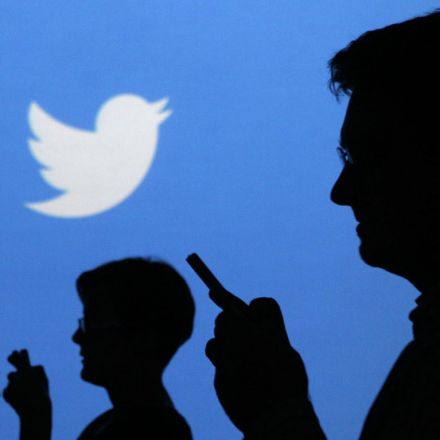

10 years ago
1
How Facebook and Twitter are changing the way we think about death
Our generation will be exposed to death on a very different scale to our parents and grandparents. Not because of plague or war, but because of the internet. You log in to Facebook and watch the lives of people you barely know – their dates, weddings, pregnancies, babies. You scroll through your newsfeed and are exposed to more aspects of more lives than any other generation in the entirety of human history. So, here’s a hypothetical for you...
Continue Reading





















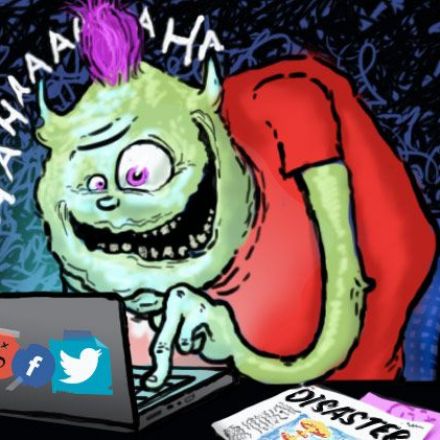
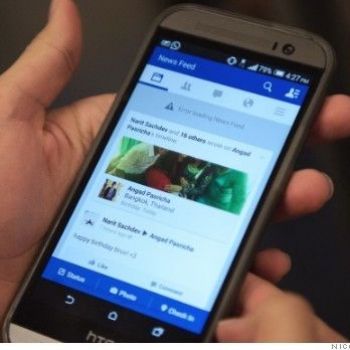
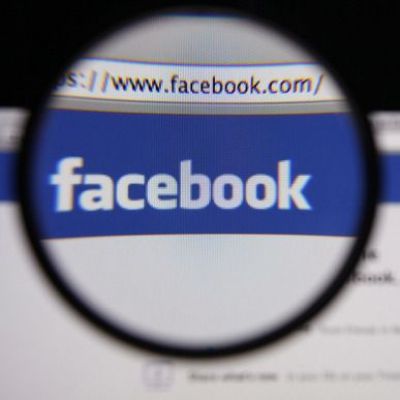
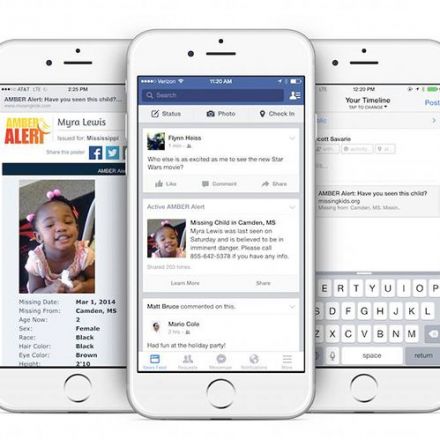
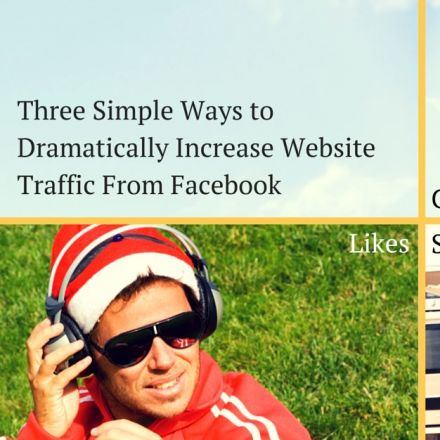
Join the Discussion
I am not sure, if I can agree completely with the article's statement, with the advent of the internet and Facebook we would experience something completely new than our great-grandparents.
While it is true, that the internet and platforms like Facebook bring in a new component of how we experience death that our parents, grand- and great grandparents haven't experienced, our society also went through a shift since the times of previous generations. I think, the onset of these new technologies and the hypothesis mentioned in the article might allow us to experience death in a way again that is more comparable to our ancestors' experience.
Points that I consider comparable:
- In older times, people moved less and stayed more within the area they grew up in. Family clans, people "we" went to school with - People moved less than today, meaning over the course of someone's life we would learn of more and more old friends and family members passing by the word of mouth, church congregations or obituaries in the local paper just as we would learn today via Facebook of friends and extended family members on the other side of the country, continent or globe.
- There are more people alive at the same time than in the past and lots of these people are concentrated in smaller areas than in the past. While we sometimes still can find old cemeteries with grave stones going back to the 1800's and early 1900s they are more and more rare unless they are family owned or protected for cultural preservative reasons. Lots of cemeteries only offer the options to "rent' a lot for a passed family member with an expiration date that can still be well in our life times (e.g. only 20 years). Some offer the options to renew the lease for that lot, others do not. The lot will be emptied, the remains and individualized grave markers removed. I think this is kind of comparable to the experience of a growing dead "user"-base on social platforms or their demise (Myspace, geoscity, etc.)
While there are other challenges and experiences due to the nature of the technological medium, I still think, it is less a question of "how we think about death" or even experience it in a fundamental way, but more a question of how technology led to a shift that allows us to experience said experience closer to how our ancestors experienced death.
Interesting article!
Edit: Clarification in second paragraph.